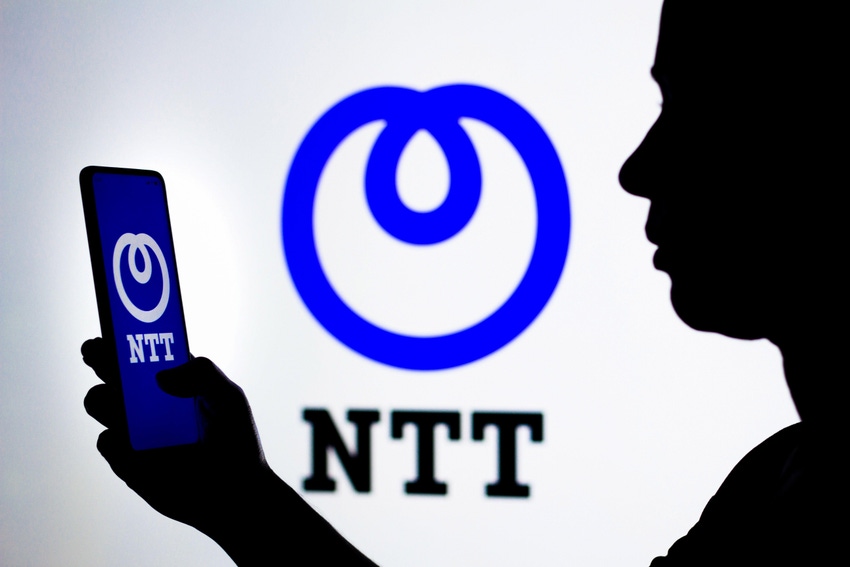Groundswell of opposition hits proposed abolition of the NTT Law
About 180 organizations, including telecommunication operators and local governments, opposed the abolition of the NTT Law in a request submitted to the LDP project team tasked to do the review.

Efforts to scrap the NTT Law have encountered a major roadblock with three rival Japanese telco operators – KDDI, Rakuten Mobile and SoftBank – banding together to voice their opposition to the move in a request submitted to officials of Japan's ruling Liberal Democratic Party (LDP) as well as representatives of the Ministry of Internal Affairs and Communications.
Besides the three operators, 177 Japanese organizations, including cable TV providers, online media companies and local governments, signed the request for the retention of the law that has governed NTT for nearly 40 years.
"[We] oppose the outright abolition of the NTT Law and urge careful consideration on these important matters," the operators said in a joint statement released yesterday.
The request was submitted during the meeting of the LDP project team tasked to review the law with an eye on its possible abolition.
The signatories agreed that a review of telecom policy, including the NTT Law, is needed to revitalize Japan's IT and telecom infrastructure. However, they urged the government to "conduct more careful policy discussions'' after noting that the time currently being spent to deliberate on policy changes is not long enough.
They call for "sufficient and necessary discussions to take place," with the goal of establishing a fair environment to compete with NTT, which has inherited assets and important facilities from its time as a public corporation.
Twin pillars of fair competition
Carriers in Japan are governed by the Telecommunications Business Act (TBC), with NTT also being bound by another set of regulations that impose responsibilities on the company and its subsidiaries for the public good. The NTT Law was enacted in 1984 to reform the centralized telecom framework of the state-owned operator at the start of its semi-privatization.
Signatories of the joint statement believe both regulations are needed to ensure a fair and competitive environment in Japan's telecom industry.
"A fair and competitive environment has been achieved by combining the Business Act and the NTT Law as the two pillars of Japan's telecommunications framework. This combination has led to an increased number of market entrants, the advancement and diversification of telecommunication services such as fixed-line and mobile phone communications, FTTH, CATV, as well as reduced user fees, resulting in an improved quality of life and economic revitalization," the joint statement said.
The document added that if the responsibilities and operational constraints of NTT and its subsidiaries are eliminated, there is a risk that NTT East/West will further expand their businesses and integrate into the NTT Group.
"This could hinder Japan's fair and competitive environment and could lead to higher user fees, stagnant innovation, and jeopardize the public interest,’" it said.
Incorporating NTT mandate into the TBC
Meanwhile, NTT President Akira Shimada said that it is inevitable that the extra law that governs his company will eventually be abolished, according to a report by local news agency Jiji Press.
He explained that the NTT Law's mandate for the universal service provision has largely been accomplished.
"The obligation to provide uniform fixed-line telephone services throughout the country, stipulated in the NTT Law, should be reviewed and incorporated into the telecom business law," Shimada said.
Indeed, NTT's obligation to deliver nationwide landline service became superfluous last year when the TBC was revised, designating broadband – such as fiber-optic connections – as a universal service.
But for Shimada, the main impetus for advocating the demise of the NTT Law is the need to get ahead of global competition, especially in the development of 6G technology.
Scrapping the law would free the telco giant from the requirement to publicly divulge research results of its R&D teams, which the company says undermines its global competitiveness.
For Japan's ruling LDP, the motivation is to release an estimated 4.8 trillion yen (US$32.8 billion) – which represents the government's 34.25% stake in NTT – to help fund the country's growing defense costs. The NTT Law requires the government to hold more than one-third ownership of the dominant telco operator. But before it can divest its share of the company, the NTT Law would have to be reformed.
Read more about:
AsiaAbout the Author(s)
You May Also Like











